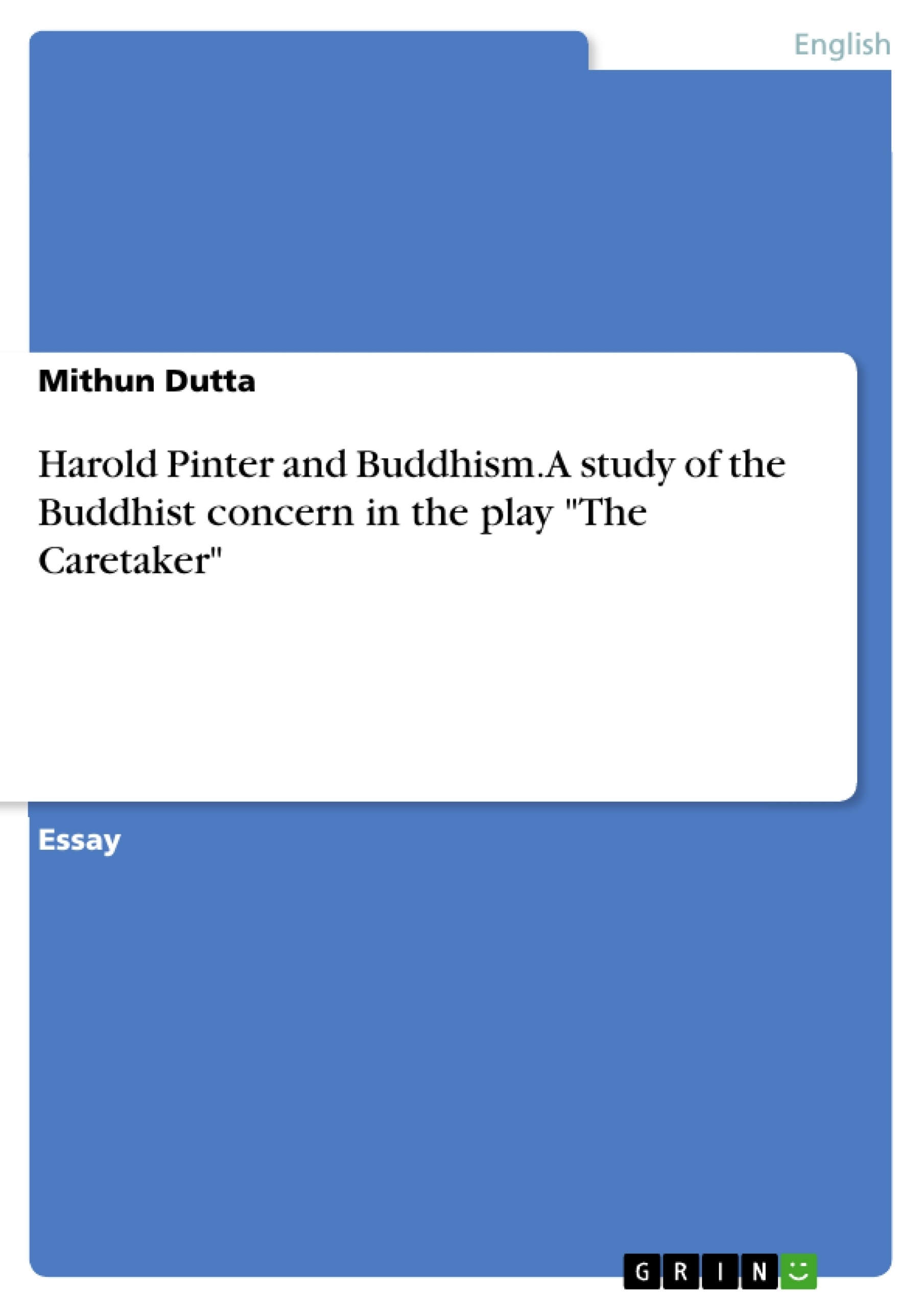What is the abstract of the text about?
The abstract discusses Harold Pinter's plays, particularly his early works, which are often seen as 'comedies of menace' or associated with the Theatre of the Absurd. It focuses on the play "The Caretaker" and explores the significance of the statue of Buddha as a stage prop. The abstract questions the connection between Pinter's dramatic world and Buddhism, despite the explicit use of the Buddha statue, and examines its possible implications and relevance.



